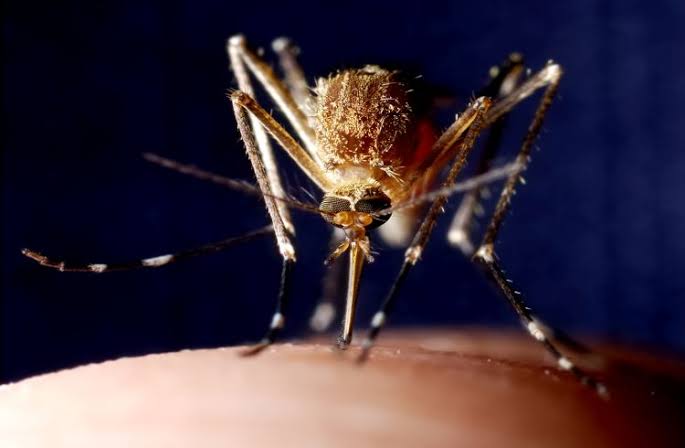As per the data released by National Vector Borne Disease Control, more than 67,000 cases of dengue have been reported in India as of October 2019. Dengue is the most common mosquito-borne disease occurring during the monsoon season in India, owing to its subtropical climate.

One single bite from the infected mosquito can cause the disease, although it cannot spread from one person to another. Dengue symptoms vary from mild to severe. The symptoms of dengue take place after 4 to 7 days of being bit by an infected mosquito, and the first evident symptom is high fever. There are several other visible symptoms of this disease, making the diagnosis process easier.
Mild dengue symptoms
- Muscle, bone and joint pain
- Headache
- Nausea and vomiting
- Exhaustion
- Itchy rash
- Swollen glands
- Pain behind the eyes
- Mild bleeding from nose and gums
Additionally, people with weak immune symptoms are at risk of developing dengue hemorrhagic fever. Multiple types of dengue virus can cause this, leading to severe health fatalities.
Along with the above-mentioned dengue symptoms, the following are the other indicators of this acute disease-
- Sore throat, cough
- Extreme bleeding from gums or nose
- Easy bruising
- Blood in urine, stools or vomit
- Fatigue
- Irritability or restlessness
- Cold or clammy skin
- Difficult or rapid breathing
- Cold or sweaty skin
- Blisters
- A decrease in blood pressure
If left unchecked, several complications can be developed, leading to dengue shock syndrome. Treatment for such disease can pose a significant financial burden on patients. Thereby, individuals can opt for a dengue cover plan to receive substantial financial coverage in such situations.
Nonetheless, several precautionary steps can be undertaken to prevent the transmission of dengue disease.
Dengue preventive measures
- Use of repellent and nettings–
Mosquito nets should be attached to windows and doors. In addition, use mosquito repellent to avoid mosquito bites.
- Avoid areas with stagnant water–
They are the breeding place for infected mosquitoes. Removal of stagnant water will reduce the risk of Dengue from spreading.
- Clothing–
Wear long-sleeved shirts or pants as much as possible. Spray your clothes with antibacterial repellent sprays as it kills mosquitoes.
In spite of taking all precautionary measures, individuals might still contract dengue disease. In such cases, immediate doctor consultation and diagnostic tests have to be undertaken to start on a proper treatment regime.
Nonetheless, such treatment can be expensive and henceforth, bear a significant financial burden on patients. Bajaj Finserv offers Dengue Insurance under Pocket Insurance & Subscriptions which provides financial assistance on the following expenses incurred –
- Doctor’s fees
- Diagnostic tests
- Pre-hospitalization fee
- Hospitalization fee
Individuals can also get additional financial coverage by opting for a monsoon cover. Under such a policy, claims can be made to pay for room rents, blood transfusions, etc.
Since dengue requires significant recovery time, individuals often experience severe monetary crunch due to loss of income. Lower-income combined with the burden of hefty medical bills can generate substantial burden on both patients and their respective families.
To tackle such problems, hospital cash cover is extended by various insurance aggregators, wherein ample cash allowance is provided to all insured individuals. Such funds can be utilized to meet medical bills, personal expenses, etc.
Delayed treatment can prove to be dangerous, so the above-mentioned preventive measures should be taken in addition to getting appropriate medical attention as soon as possible. Nonetheless, such dengue care policy can provide substantial monetary assistance in the event of diagnosis, respectively.
